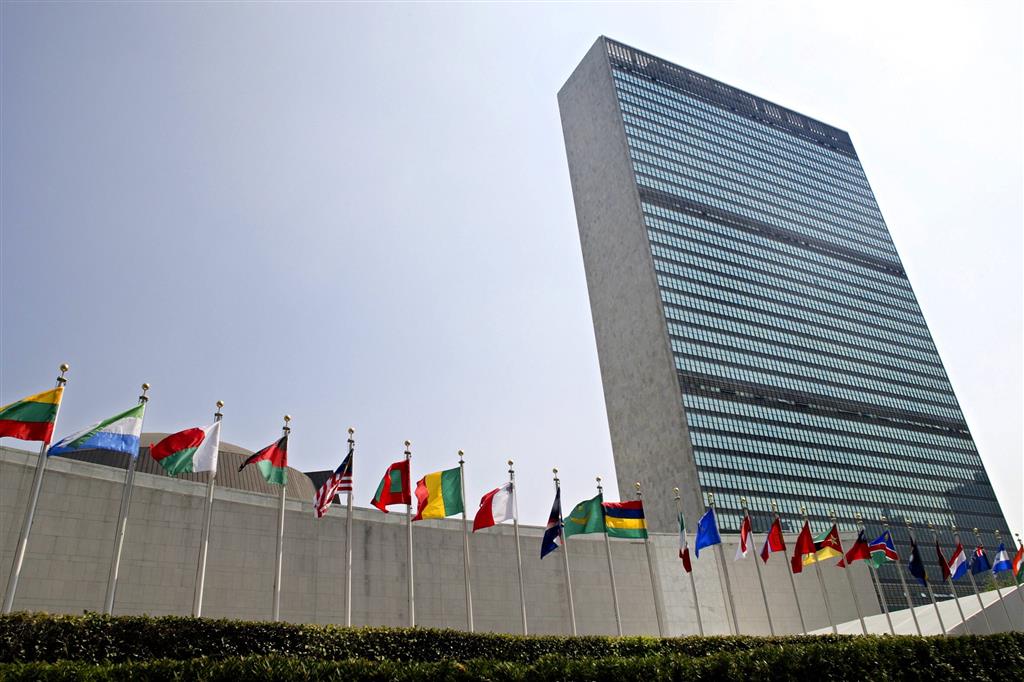The UN agency revealed that this year, acute food insecurity has affected 12.4 million people in Afghanistan, a figure that is expected to rise to 14.8 million by 2025.
According to the report, released by the OCHA office in Kabul, UN aid organizations will need $2.42 billion to help 16.8 million people in Afghanistan next year.
OCHA also highlighted that unemployment, household debt and poverty remain widespread in the country, affecting nearly half of the population; while the challenges of climate change, coupled with rising temperatures in 2025, will worsen drought conditions.
The report also states that the Afghan population continues to be subjected to increasing restrictions imposed by the ruling authorities, which increase protection risks, particularly for women, girls and other vulnerable groups.
ef/jav/mem/nvo










